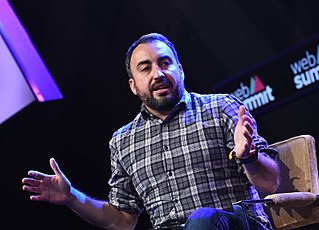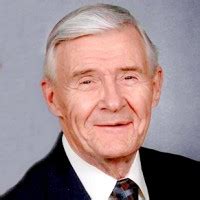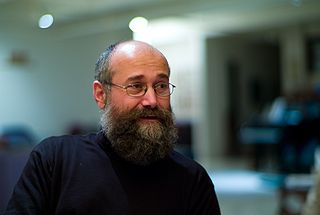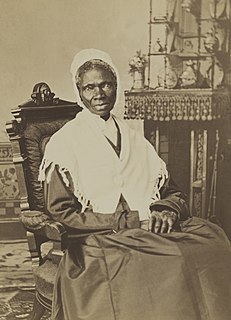A Quote by Alex Stamos
Too many companies are reluctant to share technical information about threats with each other, and most open platforms and tools don't see widespread adoption. As a result, lots of us are reinventing the wheel and solving the same problems without realizing that our neighbors have already built great solutions.
Related Quotes
Those same people, when they leave the theater, when they look behind the curtains they are curious about their neighbors, they can guess if their neighbors are siblings or a couple, how old they are, what their occupation is. They are curious about each other and they can understand each other without being fed information. Why should it be different in cinema?
If each of us can learn to relate to each other more out of compassion, with a sense of connection to each other and a deep recognition of our common humanity, and more important, to teach this to our children, I believe that this can go a long way in reducing many of the conflicts and problems that we see today.
My impression was and is that many programming languages and tools represent solutions looking for problems, and I was determined that my work should not fall into that category. Thus, I follow the literature on programming languages and the debates about programming languages primarily looking for ideas for solutions to problems my colleagues and I have encountered in real applications. Other programming languages constitute a mountain of ideas and inspiration-but it has to be mined carefully to avoid featurism and inconsistencies.
It is fascinating to watch politicians come up with 'solutions' to problems that are a direct result of their previous solutions. In many cases, the most efficient thing to do would be to repeal their previous solution and stop being so gung-ho for creating new solutions in the future. But, politically, that is the last thing they will do.
Great potential for personal empowerment can be found in attending to our awareness of global problems and to our understanding of how they connect with each other and with our personal lives. The process of naming the danger, saying aloud that the threats to life on earth are real, moves us from the numbness of denial to the aliveness that makes action possible.
ISIL's widespread reach through the Internet and social media is most concerning, as the group has proven dangerously competent at employing such tools for its nefarious strategy. ISIL uses high-quality, traditional media platforms as well as widespread social media campaigns to propagate its extremist ideology.
Let ... individuals make the most of what God has given them, have their neighbors do the same, and then do all they can to serve each other. There is no use in one man, or one nation, to try to do or be everything. It is a good thing to be dependent on each other for something, it makes us civil and peaceable.
Most of us are conditioned for many years to have a political viewpoint - Republican or Democratic, liberal, conservative, or moderate. The fact of the matter is that most of the problems that we now face are technical problems, are administrative problems. They are very sophisticated judgments, which do not lend themselves to the great sort of passionate movements which have stirred this country so often in the past. - They deal with questions which are now beyond the comprehension of most men.


































